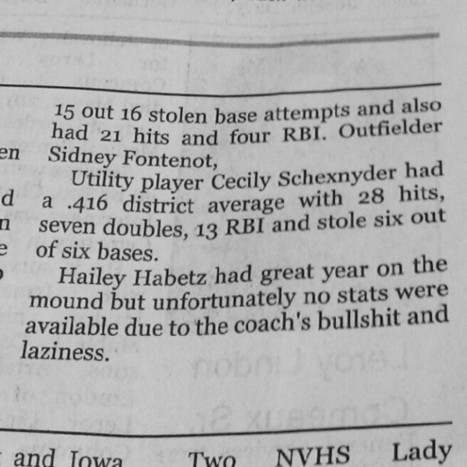The Trump era is a rough time for journalists. No matter how much they’re provoked, if they show too much bias and disrespect, they could lose their jobs, even for a single tweet. That’s what happened to Julia Ioffe at Politico, and it’s a revealing case study.
I’ll get to what Ioffe did in a moment. But first, let’s have a look at the email Politico’s editors Carrie Budoff Brown and John Harris sent to their staff when they fired her:
"You will remember the note from John and me a few days ago in which we emphasized that POLITICO journalists are representing the publication at all times and on all platforms, and must present themselves accordingly. We also emphasized that the power of POLITICO comes from our independent reporting and analysis. Gratuitous opinion has no place, anywhere, at any time – not on your Facebook feed, your Twitter feed or any place else. It has absolutely zero value for our readers and should have zero place in our work. Julia Ioffe’s tweet this afternoon about President-elect Trump – currently and understandably racing across social media – is a clear example of the opposite of what we were talking about."
This is as clear as it gets. If you’re trying to make a point, this is how you make it: no equivocation, no jargon, and direct, first-person statements....



 Your new post is loading...
Your new post is loading...














No excuse for this "journalist's" faux pas. None.